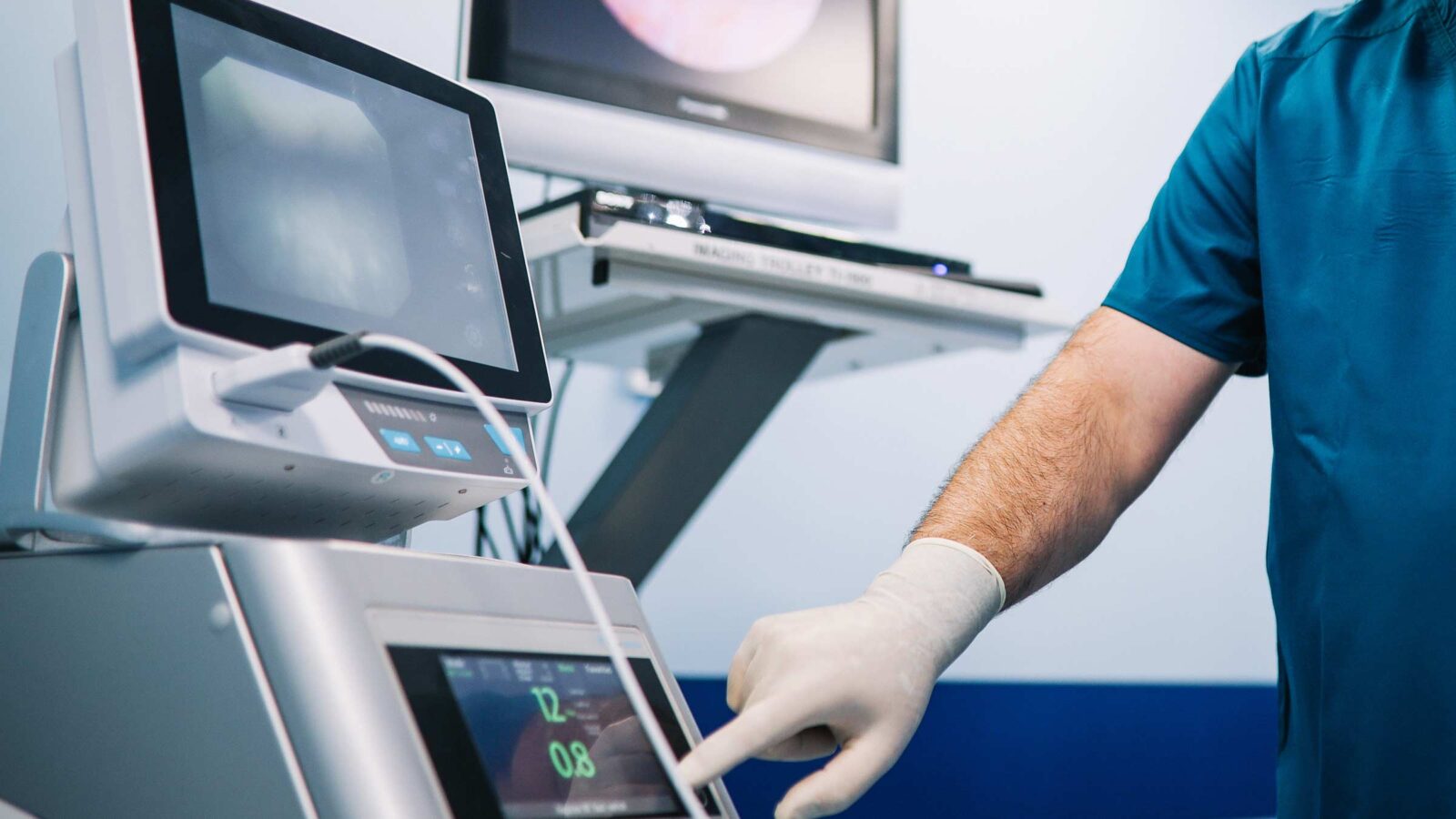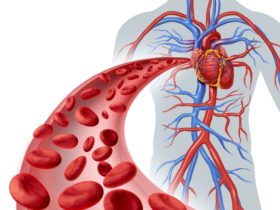Colonoscopy, a pivotal screening tool for colorectal cancer prevention, plays a crucial role in early detection and intervention. However, a common challenge associated with colonoscopy is the preparation process, which involves cleansing the colon to ensure optimal visualization during the procedure.
Recognizing the importance of patient compliance, healthcare providers are increasingly focusing on addressing patient preferences in colonoscopy preparation. Personalization of the preparation process not only enhances the patient experience but also contributes to higher compliance rates, ultimately improving the effectiveness of colonoscopy screening.
The Significance of Colonoscopy Screening
Early Detection of Colorectal Abnormalities
Colonoscopy is widely regarded as a gold-standard screening method for the early detection of colorectal abnormalities, including precancerous polyps and colorectal cancer. Its effectiveness relies on thorough colon cleansing, which ensures a clear view of the colon lining during the procedure.
Prevention through Polyp Removal
Beyond detection, colonoscopy allows for the removal of precancerous polyps during the screening process. This preventive aspect makes colonoscopy a powerful tool in reducing the incidence of colorectal cancer.
The Colonoscopy Preparation Challenge
Bowel Preparation Importance
Adequate bowel preparation is critical for the success of a colonoscopy. It involves the consumption of a bowel-cleansing solution to clear the colon of any stool or debris that could obstruct the endoscopic view. However, the preparation process is often perceived as challenging, affecting patient compliance.
Factors Influencing Patient Compliance
Several factors contribute to suboptimal colonoscopy preparation compliance. These may include the taste and volume of the preparation solution, the timing of the consumption, and the associated inconvenience and discomfort.
Personalization in Colonoscopy Preparation
Tailoring the Preparation Regimen
Personalization involves tailoring the colonoscopy preparation regimen to individual patient preferences and needs. This can include adjustments in the type of preparation solution, the timing of consumption, and the incorporation of patient-friendly elements to enhance the overall experience.
Choice of Preparation Solution
Offering a variety of preparation solutions allows healthcare providers to consider patient preferences. Some patients may prefer flavored solutions or those with reduced volume, while others may opt for options that can be mixed with clear liquids they find more palatable.
Improving Patient Experience
Clear Communication and Education
Effective communication and education are crucial in preparing patients for the colonoscopy process. Providing clear instructions, explaining the importance of bowel preparation, and addressing concerns can contribute to better patient understanding and cooperation.
Incentives for Compliance
Healthcare providers can introduce incentives for patients who adhere to the preparation guidelines. This may include reduced waiting times, simplified appointment processes, or educational resources that emphasize the long-term benefits of colorectal cancer prevention.
Leveraging Technology for Personalization
Mobile Apps and Digital Platforms
Integrating technology, such as mobile apps and digital platforms, can enhance the personalization of colonoscopy preparation. These tools can provide reminders, interactive guides, and real-time support, making the process more convenient and accessible for patients.
Virtual Consultations
Virtual consultations allow healthcare providers to engage with patients before the colonoscopy, addressing their concerns and preferences. This personalized approach fosters a collaborative relationship between healthcare professionals and patients, contributing to improved compliance.
The Role of Patient Feedback
Continuous Improvement
Seeking patient feedback on their colonoscopy preparation experience is essential for continuous improvement. Healthcare providers can use this information to refine their protocols, identify areas for enhancement, and tailor their approach to better meet patient needs.
Patient-Centered Care
Embracing a patient-centered care approach involves actively involving patients in decision-making processes related to their healthcare. By considering patient preferences and feedback, healthcare providers can create a more collaborative and supportive healthcare environment.
Colonoscopy Screening: A Personalized Approach for Better Health
Improved Compliance Rates
Personalizing colonoscopy preparation significantly contributes to improved compliance rates. When patients find the preparation process more tolerable and aligned with their preferences, they are more likely to follow through with the recommended guidelines, ensuring a successful screening procedure.
Enhanced Effectiveness of Screening
The ultimate goal of colonoscopy screening is the early detection and prevention of colorectal abnormalities. A personalized approach to preparation enhances the effectiveness of screening by optimizing visibility and increasing the likelihood of detecting and removing precancerous lesions.
Personalization as a Pillar of Effective Colonoscopy Screening
Colonoscopy screening stands at the forefront of colorectal cancer prevention, and ensuring patient compliance is integral to its success. By addressing patient preferences in colonoscopy preparation, healthcare providers can personalize the process, making it more patient-friendly and accessible. This not only enhances the patient experience but also contributes to higher compliance rates, reinforcing the effectiveness of colonoscopy screening as a preventive healthcare measure.









